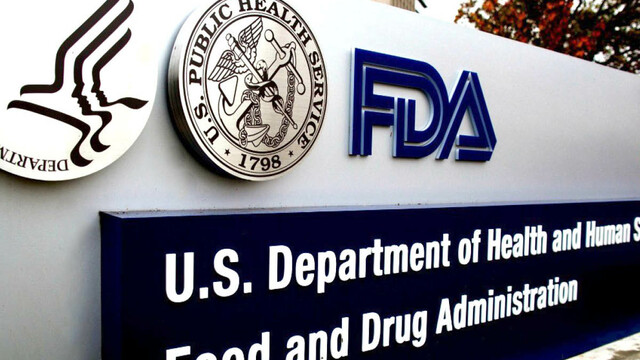Preparing for a Post-Prohibition World

On Wednesday, April 3, 2019, the Food and Drug Administration (“FDA”) announced a public meeting to obtain scientific data and information on the safety, manufacturing, marketing, labeling, and sale of products containing cannabis and cannabis derived compounds. The announcement was published today, April 3rd, in the Federal Register, and seeks comments, suggestions, and feedback from the public in advance of the public meeting on May 31, 2019. The public meeting will provide an opportunity for members of the public to present on significant topics related to the legality and regulation of cannabis and cannabis-derived products.
As noted in the Federal Register Notice, the 2018 Farm Bill legislation did not supplant FDA regulation and oversight of the cannabis and cannabis-derived product market under the Food, Drug, and Cosmetic Act and Section 351 of the Public Health Service Act. This is something I have repeatedly emphasized to clients over the years and most recently in light of the 2018 Farm Bill legislation, as there is a common misconception that cannabidiol or (“CBD”), a naturally-occurring derivative and/or constituent of the cannabis sativa l. plant, is synonymous with industrial hemp. Just last week I attended a symposium on industrial hemp cultivation where several of the speakers stated that industrial hemp plants are CBD plants. That has never been the case and this is often a warning sign that the person speaking lack substantive knowledge regarding the scientific, legal, and medical issues related to the cannabis plant and it’s naturally-occurring constituents and derivatives.
In addition to the public meeting notice, FDA also announced the issuance of additional warning letters to several companies found to be in violation of the Food, Drug, and Cosmetic Act (FDCA). The warning letters constitute a civil enforcement action under federal law and are thus separate and distinct from any violation of the federal Controlled Substances Act, which is a federal criminal statute. The warning letters point to violations of the FDCA provisions prohibiting the use of non-FDA-approved health claims to market and advertise products, noting that the use of such claims poses a significant health and safety risk to individuals suffering from serious and fatal diseases. While it is true that certain cannabis-derived chemical constituents show promise in treating and alleviating certain symptoms and conditions, any health claims must be approved by the FDA prior to use in marketing and advertising the product in interstate commerce.
The FDA also pointed out that selling food products containing CBD and selling CBD products as dietary supplements remains unlawful under the FDCA because CBD is an active ingredient in an approved drug product (Epidelox) and CBD has been the subject of an investigational new drug product. These FDCA provisions don’t apply solely to CBD or cannabis-derived products, but broadly encompass any chemical constituent or component that violates the FDCA provisions related to interstate sales of products used to treat, mitigate, cure, prevent, and/or diagnosis a medical condition. The FDCA defines a “drug” as any product that claims to treat, mitigate, cure, prevent and/or diagnosis a medical condition, even if the product manufacturer does not use the term “drug” to market and advertise the product to consumers. As a result, any implication or suggestion that a product can be used to treat or alleviate a symptom or condition is sufficient to show that a product is being marketed and advertised as a drug product for purposes of the FDCA.
As I’ve pointed out numerous times over the past few years, the FDA will continue to enforce FDCA provisions related to marketing, advertising, and selling cannabis-derived products because these provisions are enforceable notwithstanding any changes to the federal Controlled Substances Act. The FDA is responsible for enforcement of the FDCA as the federal agency charged with protection of public health, so the failure to enforce certain provisions of the FDCA would present a serious public health and safety risk to the millions of consumers seeking out cannabis-derived products, particularly products containing (or claiming to contain) CBD. As I’ve said many times before, it was only a matter of time before FDA officials began cracking down on the proliferation of CBD and other cannabis-derived products in the U.S. marketplace.
